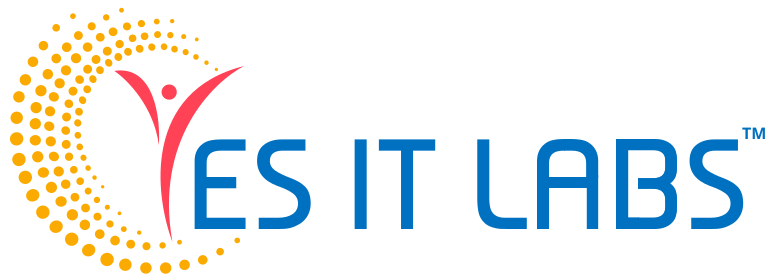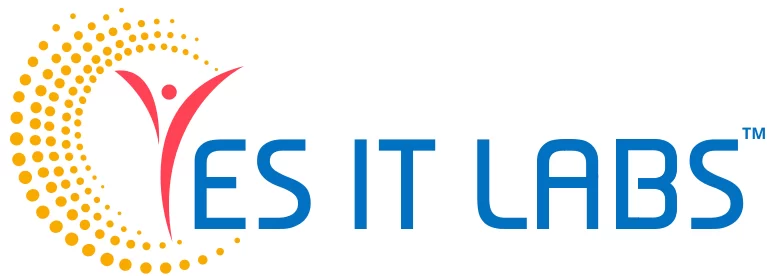Introduction
Embarking on the journey of app development requires making crucial decisions, and one of the first choices developers face is selecting the programming language. For Android app development, the age-old battle between Kotlin and Java continues to spark debates in tech circles. Both languages have their strengths and weaknesses, and choosing the right one depends on various factors. So, let’s dive into the Kotlin vs Java showdown to help you make an informed decision for your next project.
The Rise of Kotlin
Kotlin, introduced by JetBrains in 2011, gained significant traction in the Android development community when Google announced it as an official language for Android in 2017. Kotlin is often praised for its concise syntax, enhanced null safety, and interoperability with Java. Its expressiveness allows developers to write cleaner and more readable code, reducing the chances of bugs and making maintenance a breeze.
Java’s Legacy
On the other side of the ring, we have Java, a programming language with a rich history in the world of software development. Java has been the primary language for Android app development since the platform’s inception. Many developers are well-versed in Java, and the extensive ecosystem of libraries and tools makes it a reliable choice.
Syntax Showdown: Conciseness vs. Familiarity
Kotlin’s concise syntax is a game-changer. Developers can achieve the same functionality with fewer lines of code, resulting in increased productivity. This becomes especially crucial when deadlines are looming, and efficiency is paramount.
However, Java’s familiarity can’t be overlooked. With years of legacy code and a large pool of skilled developers, Java remains a safe bet for those who prioritize stability and a vast talent pool. It might not be as sleek as Kotlin, but the robustness of Java can be comforting in certain scenarios.
Null Safety: Kotlin Takes the Lead
Null pointer exceptions have plagued Java developers for years. Kotlin addresses this issue head-on with its built-in null safety features. The compiler helps identify and eliminate null pointer exceptions during the development phase, providing an extra layer of protection for your app.
Java, on the other hand, relies on developers to handle null checks manually. While this approach allows for more control, it also increases the likelihood of overlooking potential issues, especially in large codebases.
Interoperability: The Bridge Between Kotlin and Java
One of Kotlin’s key strengths is its seamless interoperability with Java. Developers can gradually introduce Kotlin into existing Java projects, making the transition smoother. This feature is particularly valuable for companies with an existing codebase in Java, allowing them to leverage Kotlin’s advantages without a complete rewrite.
The Hiring Dilemma: Finding the Right Talent
When it comes to hiring Android developers, the battle between Kotlin and Java becomes a factor. The demand for Kotlin developers is on the rise, but seasoned Java developers are still abundant. Companies looking to hire Android app developers need to weigh the benefits of adopting the latest technology against the availability of skilled professionals.
Conclusion
In the Kotlin vs Java showdown, there’s no one-size-fits-all answer. Both languages have their merits, and the right choice depends on your project requirements, team expertise, and long-term goals. Kotlin’s modern features and enhanced syntax make it an attractive option for new projects, while Java’s reliability and vast developer community continue to make it a solid choice.
As the app development landscape evolves, it’s essential to stay informed about the strengths and weaknesses of both Kotlin and Java. Whether you decide to hire Android developers well-versed in Kotlin or stick with the familiarity of Java, the key is to make a decision based on your unique project needs and priorities.






